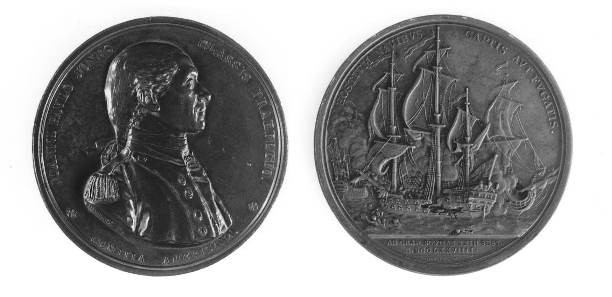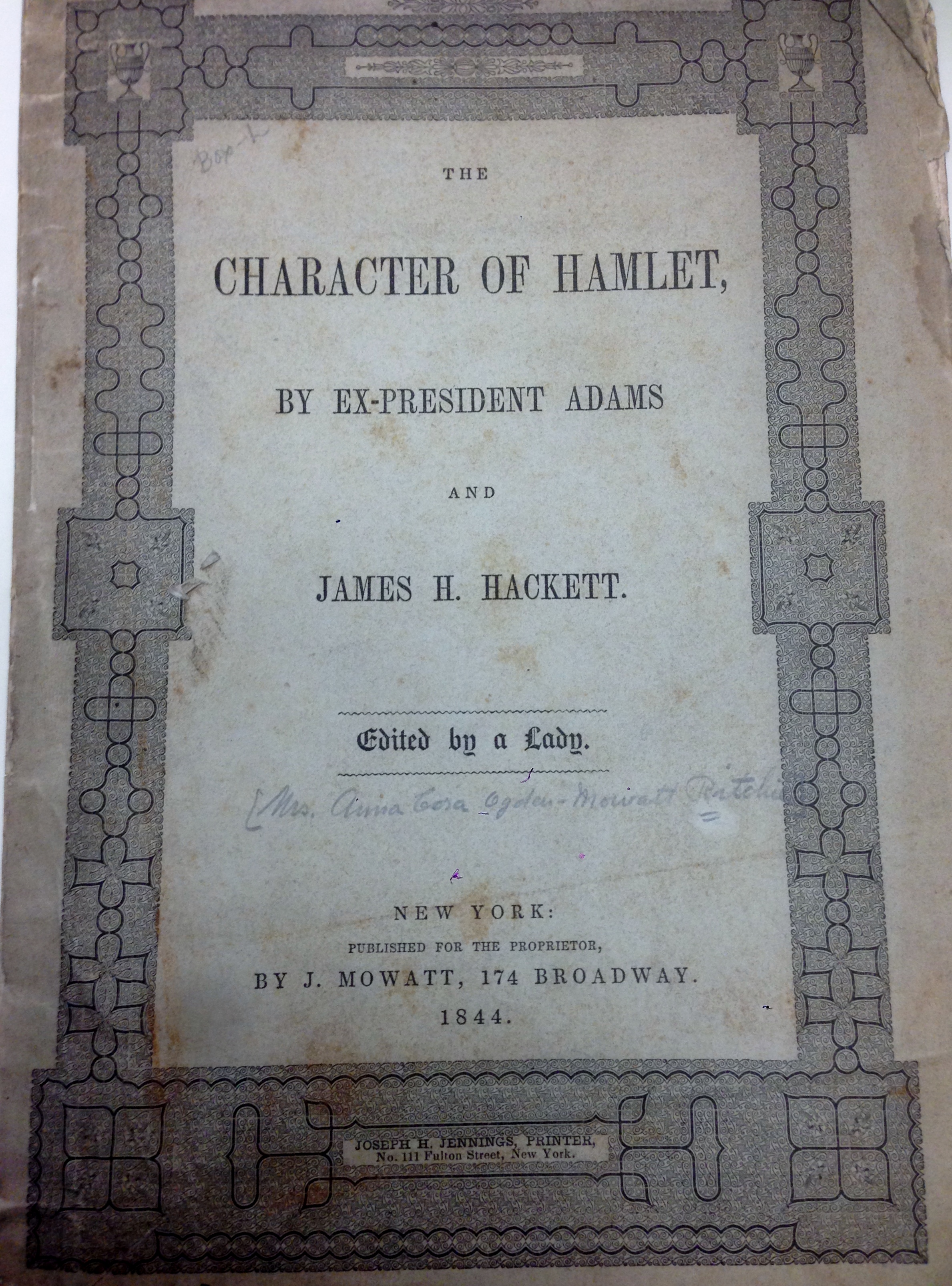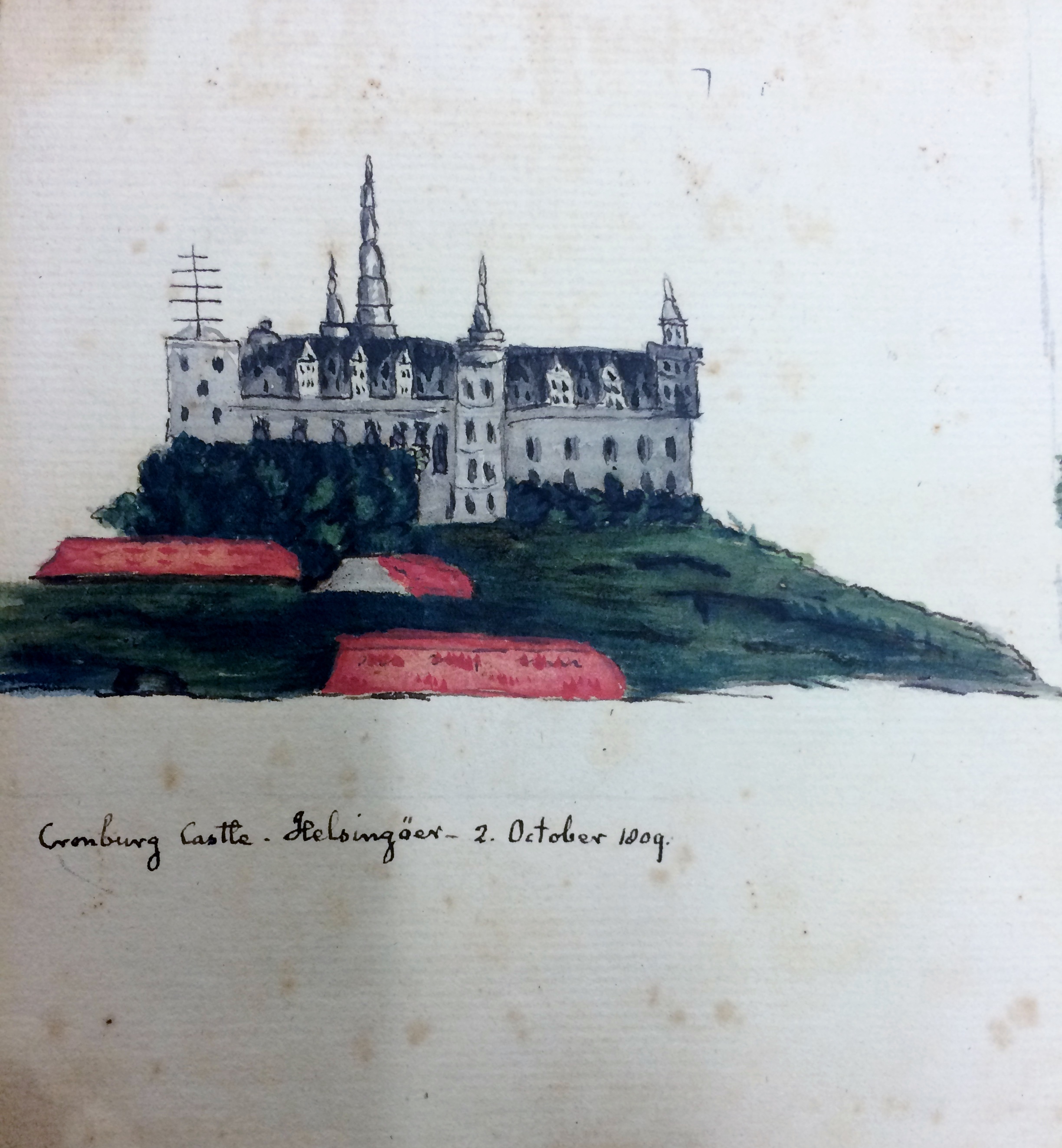By Amanda M. Norton, Adams Papers
John Adams’s administration was in its waning days as January 1801 closed. While Thomas Jefferson had not yet been officially elected, Adams knew for certain that he was not going to continue in office and would soon head home. In the meantime, however, there was still plenty of work to be done.
The empty seat on the Supreme Court, the Chief Justice’s chair in fact, was one of his more pressing issues as the previous chief justice, Oliver Ellsworth, had resigned his seat in October. John Adams had no doubts about the importance of the high court in the young republic: “The firmest Security We can have against the Effects of visionary Schemes or fluctuating Theories, will be in a solid Judiciary,” however his first choice to replace Ellsworth, former chief justice John Jay, declined to serve in the position again. With only a few weeks left in his administration, Adams made one of the most significant and long-lasting decisions of his entire public career. On January 20, Adams formally submitted the nomination of his secretary of state, John Marshall, to serve as chief justice, to which the Senate consented one week later.
Adams sent Marshall his commission on the 31st, likely with a letter in which he requested that Marshall prepare letters of recall for John Quincy Adams to return home from his position as minister plenipotentiary to Prussia. Although Adams believed his son deserved to have his position upgraded with an appointment to Great Britain or France, he recognized that was not possible; “Besides it is my opinion that it is my duty to call him home,” Adams confessed.
Marshall accepted the role on February 4, writing to Adams, “I pray you to accept my grateful acknowledgements for the honor conferd on me in appointing me chief Justice of the United States. This additional & flattering mark of your good opinion has made an impression on my mind which time will not efface. I shall enter immediately on the duties of the office & hope never to give you occasion to regret having made this appointment.” Adams replied the same day, thanking Marshall for his acceptance but requesting that given the “Circumstances . . . of the times” he stay on as secretary of state for the remainder of Adams’s term. Chief Justice Marshall would serve for the next 34 years and profoundly influence and define the role and place of the Supreme Court in the nation in ways that endure to the present.









